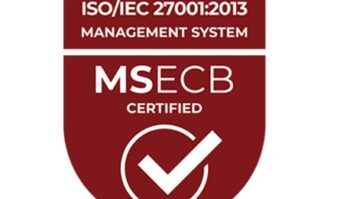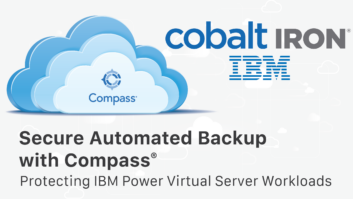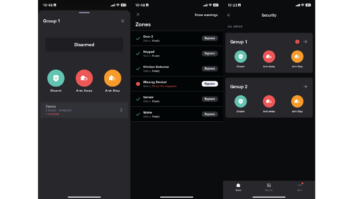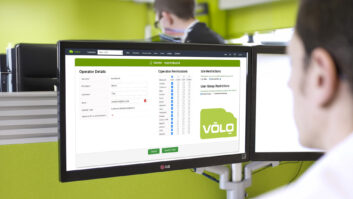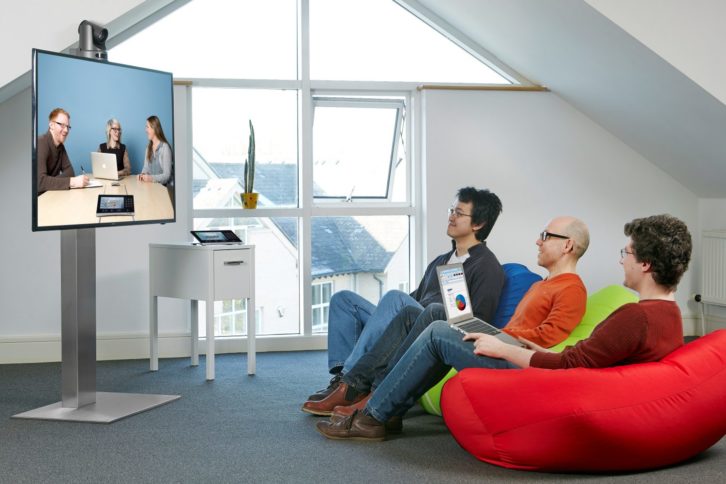
An overwhelming majority (96%) of business decision-makers have stated that security is now the most important component to choosing a video, messaging, or calling solution, according to a new StarLeaf survey conducted by Vanson Bourne.
500 IT decision-makers and Line-of-Business leaders were surveyed from private sector enterprises (with over 1,000 employees) to understand attitudes towards the use of videoconferencing systems.
Countries included in the survey were the UK, France, Germany, and the US, which covered a wide spectrum of sectors ranging from IT, technology and telecoms, retail, distribution and transport, financial services, manufacturing and production, business and professional services, media, leisure and entertainment, energy, oil/gas and utilities, construction and property, and consumer services.
Findings included:
- After security, ease-of-use was seen as a top consideration among organisations when choosing a vendor for videoconferencing (53%).
- Almost two-thirds (64%) of organisations report that the use of videoconferencing in their organisation had increased this year compared to last year.
- Over four-in-10 (43%) respondents report that they are based in a different office to those colleagues that they most frequently interact with.
William MacDonald, chief technology officer at StarLeaf, commented: “The results clearly show we’re seeing a distinctive shift in mentality when it comes to adoption and implementation of videoconferencing among organisations.
“Historically, the primary drivers for using a videoconferencing system have been cost saving initiatives or to enhance collaboration amongst staff, which has been further stimulated by the growth in cloud computing. The proliferation of remote working means these factors will continue to remain critical but what is increasingly becoming the primary consideration for almost every organisation is security and reliability, fuelled by the threat posed by cybercriminals.”
MacDonald continued: “Vulnerabilities within an organisation’s infrastructure and from some cloud providers allow plenty of opportunities for hackers to infiltrate virtual meeting rooms, causing significant disruptions.
“Typically, traditional infrastructure security models relate to control and access around the perimeter and often leave internal applications neglected and vulnerable. This makes them an easy target for malicious traffic which can infiltrate or bypass the perimeter defences. Additionally, enterprises using public cloud providers may believe that security is part of their offering, but insecure application programming interfaces (APIs), weak authentication, and user identity protocols can be susceptible to account hijacks. These vulnerabilities may come about because many public clouds support multi-tenancy where you rent computing power or storage space from the cloud provider alongside other, unknown and potentially malicious, tenants.”
MacDonald concluded: “Our data shows that businesses are increasingly recognising their cybersecurity vulnerabilities. The ramifications of disruption can be potentially disastrous for an organisation resulting in significant financial and reputation repercussions. As firms continue to digitally transform and place a greater emphasis on remote and flexible working, it’s imperative you are able to offer your staff the means to communicate safely to ensure business continuity.”


